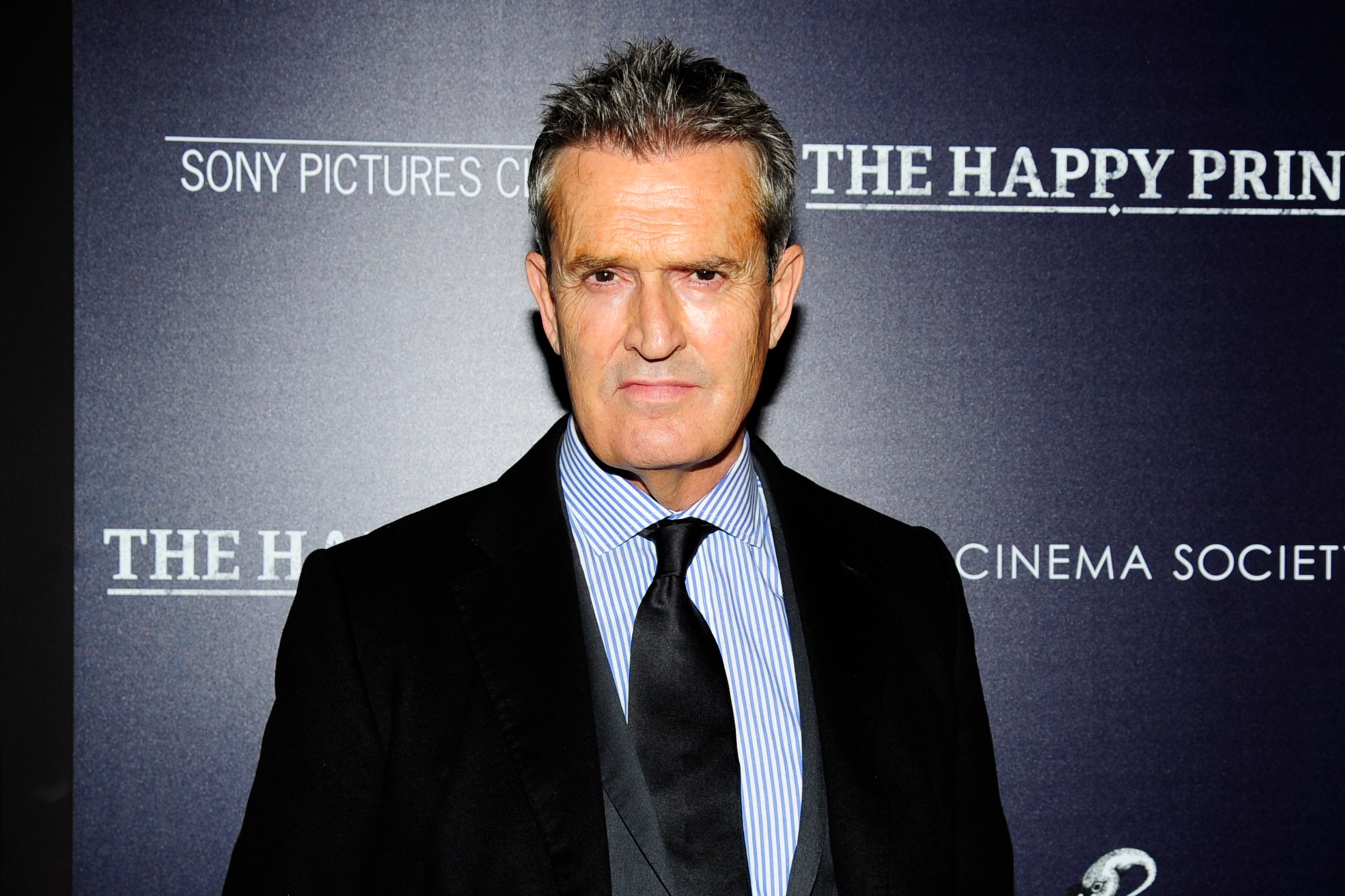
- Interviews
HFPA in Conversation: Rupert Everett, Finding Himself in Oscar Wilde
His admiration for Oscar Wilde started as a kid when his mother read the fairy tale The Happy Prince to him before he went to sleep. Back then, Rupert Everett didn’t think about an Irish author who was exiled for his sexuality in the 1800s. “The next thing that brought Oscar Wilde again a bit closer to me was in London in ‘75 and going out on the gay scene. At the time being gay had only been legal for seven years. So in the gay scene, everybody knew the name of Oscar Wilde because we were walking in his footprints,” the Golden Globe nominee tells HFPA journalist Bárbara de Oliveira Pinto.
In a production of The Portrait of Dorian Gray, he discovered Wilde through acting. “I discovered a great affinity with the text; I knew how to do it fairly well. It was a good match. I had the right mixture of casualness and humor and I could really bring the words off the page in a good way and I had a great relationship with the audience as a result. That’s a great thing for an actor when an actor discovers a writer with whom he can communicate very well to the audience. So little by little Oscar Wilde became more apparent in my life.”
He did another Wilde play a little bit later in Paris, The Importance of Being Earnest. After that, he got a part in his first Oscar Wilde film, The Ideal Husband. Then a second one, The Importance of Being Earnest, once again. And then, everything seemed to stop. ‘What happened then was my career came to a standstill. I had written two books and my aim had always been to write a screenplay. I suppose I felt in a way that my second career in Hollywood, which had started with My Best Friend’s Wedding and it came to a kind of abrupt halt. And I felt that I kind of identified my own exile from the movie business with Oscar Wilde. I thought I should really do a story about Oscar Wilde in exile and I can somehow funnel all my own frustrations and emotions into the story.”
It took him over a decade to write and direct The Happy Prince, in which he plays Oscar Wilde.
Listen to this episode and get to know what kind of family he comes from; what he thinks about the Catholic Church’s idea of God; what is his opinion about political correctness; how challenging it was to direct his first movie; how was actor-Rupert different from director-Rupert; what kind of movies he likes; what is the proudest moment of in his career; his definition of a well trained actor; whether sexuality should or shouldn’t determine the kinds of roles one gets; why being a rebel is a waste of time in the movie business; how he remembers the late 90s; what he does for fun; and why he hates advice.
Listen to the conversation here or, for immediate access to all of our podcasts, subscribe to HFPA in Conversation on iTunes.

